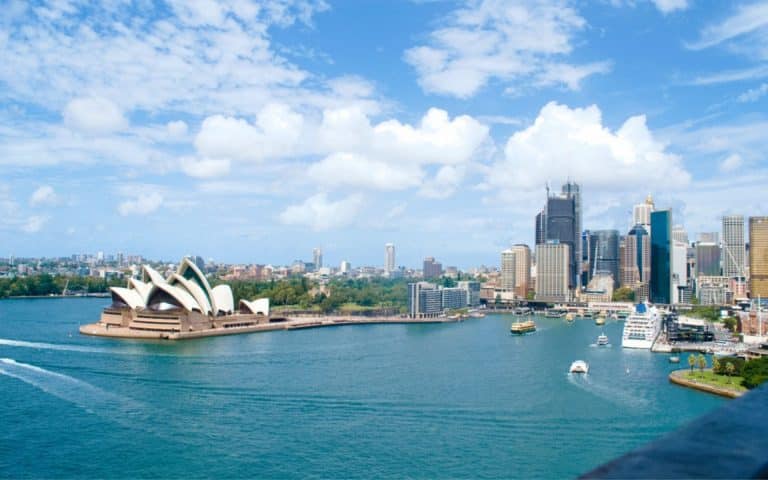Overseas tourists no longer have to produce a negative Covid-19 test before traveling, as the country’s biosecurity emergency expired April 17. The announcement was made Wednesday by federal Health Minister Greg Hunt.
The ban on cruise ships imposed on March 15, 2020, has also been lifted.
Until Sunday, fully vaccinated travelers were required to submit a PCR test taken within three days of arrival in Australia or an antigen test taken under medical supervision within 24 hours before scheduled departure.
Unvaccinated children under 12 years of age are considered fully vaccinated provided that they travel with fully vaccinated parents.
It is worth noting that state and territory administrations have the authority to set their own entry requirements.
For instance, visitors to Western Australia are currently required to take an antigen test upon arrival and complete additional state forms. There is no timetable for when these restrictions will be lifted.
International visitors must still be fully vaccinated and wear masks on flights, according to Hunt.

Hunt also revealed that the Australian Technical Advisory Group on Immunization (Atagi) recommended a second booster dose for adults aged 65 and older, Indigenous Australians aged 50 and up, and residents of aged care and disability facilities.
In preparation for a Covid surge, the booster vaccine has been made available to eligible Australians at pharmacies, general practices, state, Commonwealth and Indigenous medical clinics.
Since April 4, the Commonwealth has also distributed its winter flu vaccine to a similar group of people, including children under five, pregnant women and Indigenous Australians of all ages.
“I’ve now received advice from the Australian Technical Advisory Group on Immunisation – and they’ve worked very closely with Professor Kelly – and they have recommended that there should be a winter dose, or second booster, or, in some cases, that will be known as a fourth dose, for particular groups of people,” Hunt said.

